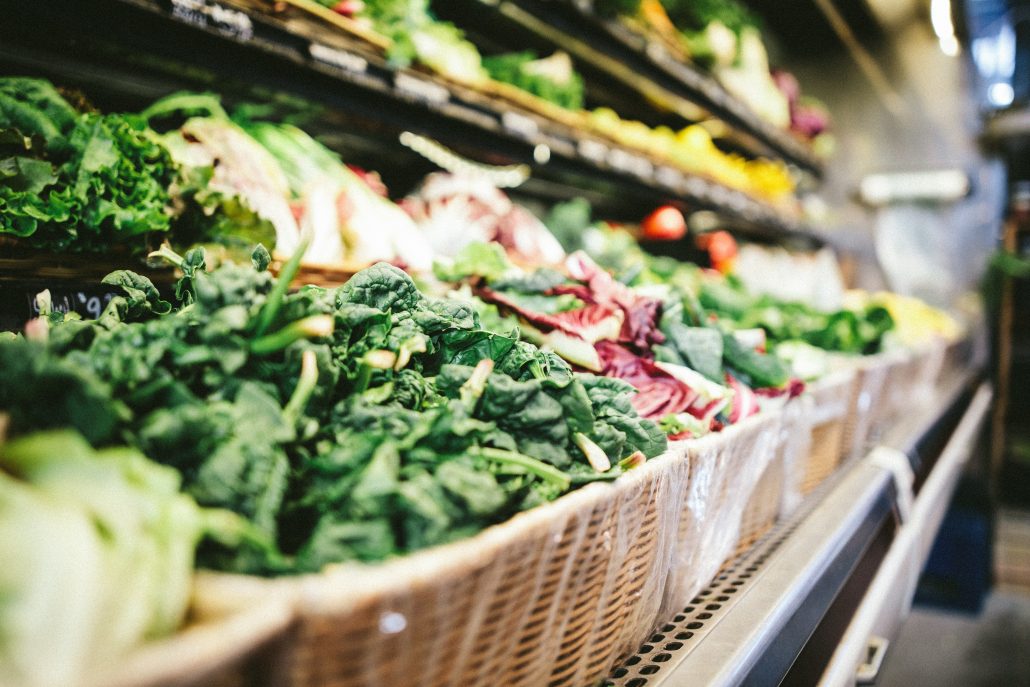
A more competitive grocery market?
The Grocery Industry Competition Bill (“the Bill”) was introduced in November 2022 under urgency, and it will have struck a chord with many households as they face the ongoing challenge of food prices. The Bill was introduced as a response to the Commerce Commissions market study report into New Zealand’s grocery sector. The Bill seeks to regulate the members of the retail grocery industry, and in particular to improve efficiency and increase the level of competition between retailers.
The Commerce Commission Market Study Report
The report released by the Commerce Commission in 2022 found that the retail grocery market was dominated by a duopoly, that being Foodstuffs (includes Pak’n’Save, New World and Four Square) and Woolworths (Countdown, SuperValue, and FreshChoice). The Commerce Commission found that the duopoly had adverse effects on not only consumers and smaller retailers but also suppliers. Some key findings from the report include:
- The intensity of competition between the grocery retailers is muted and does not reflect workable competition;
- Entry and expansion by other grocery retailers is difficult;
- The profitability of the major grocery retailers appears higher than expected under workable competition;
- Prices appear high by international standards; and
- Competition is not working well for many suppliers due to an imbalance in bargaining power.
The report also states that “If competition was more effective, the major grocery retailers would face stronger pressures to deliver the right prices, quality, and range to satisfy a diverse range of consumer preferences”.
The Bill deals with the bulk of the Commerce Commission’s recommendations.
Purpose of the Bill
The Bill will aim to address the current barriers to both entry and expansion in the retail grocery sector.
It will aim to achieve this by introducing regulatory requirements for the major grocery retailers in order to further facilitate the commercial sale of groceries at the wholesale level; and a set of backstop regulations that the Commerce Commission may impose if the initial regulatory requirements do not create a workably competitive market.
Some of the other changes include:
- A supply code that will apply to the regulated retailers. Currently, the main grocery retailers achieve significant cost advantages over other grocery retailers with their wholesale and distribution, which primarily supply their own operations. Understandably, other retailers are at a significant disadvantage in being able to secure products and prices that will also enable them to be competitive. To address this, the Bill will require the major retailers to facilitate a wholesale supply of groceries to other grocery retailers. Initially the major retailers are expected to do this voluntarily, however, ‘backstop’ regulations will be created that may be imposed if this workably competitive market does not emerge.
- The creation of a Grocery Commissioner. This Commissioner will be appointed within the Commerce Commission to oversee the industry and will have regulatory powers including: requiring commercial and non-commercial information about grocery wholesale prices to be disclosed; issuing corrective notices and warnings; and the ability to seek remedies from the court to enforce compliance.
- Amending the Fair-trading Act to cover contracts that are grocery related. The Commerce Commission’s market study found that suppliers had little alternative to the major retailers selling their products. This imbalance of power has seen the major retailers leveraging this advantage, forcing suppliers to accept unfavourable terms of supply. To address this power imbalance, the Bill will: implement a grocery supply code to protect suppliers from unfavourable terms of supply; enable certain suppliers to engage in collective bargaining with major retailers; and to strengthen the unfair contract terms in the Fair Trading Act 1986 to make these protections more available to suppliers.
- A new scheme to facilitate dispute resolution for grocery suppliers and wholesale consumers, which will provide independent resolution of disputes of a certain nature that a supplier may have with a major retailer.
- Increased penalties for not complying with the Bill
Commerce (Grocery Sector Covenants) Amendment Act 2022
In addition to what is covered in the Bill, the Commerce Commission’s market study stated that alongside price, convenience was a main driver in determining where consumers do their grocery shopping.
It revealed that the lack of available sites for new entrants into the market was being constrained by the major grocery retailers use of restrictive covenants on land and exclusivity covenants in leases. These covenants prevented potential competitors from entering the market and opening grocery stores in close proximity.
As a response to this, the Government passed the Commerce (Grocery Sector Covenants) Amendment Act 2022, which has banned these practices.
What is the progress of this Bill?
The Bill was introduced in Parliament on the 21st of November 2022 and it passed it’s first reading on 24 November 2022. It is current before a select committee with it’s report due back on 23 March 2023. The Bill is expected to come into effect by mid-2023.
You can stay up to date with progress on the New Zealand Parliament website.
What this all means
The changers sought in the Bill are to make the retail grocery market more competitive. The increase in market competition and restraints placed upon the major retailers will hopefully curtail the major retailers from passing on costs to the consumer without some element of losing a competitive footing with the competition.
By passing the Bill, the government is aiming to do three things:
1. To give consumers more options and more competitive pricing.
2. To make it more viable for both smaller and larger grocery retailers to enter the market.
3. To allow for more oversight of the grocery retail market.





